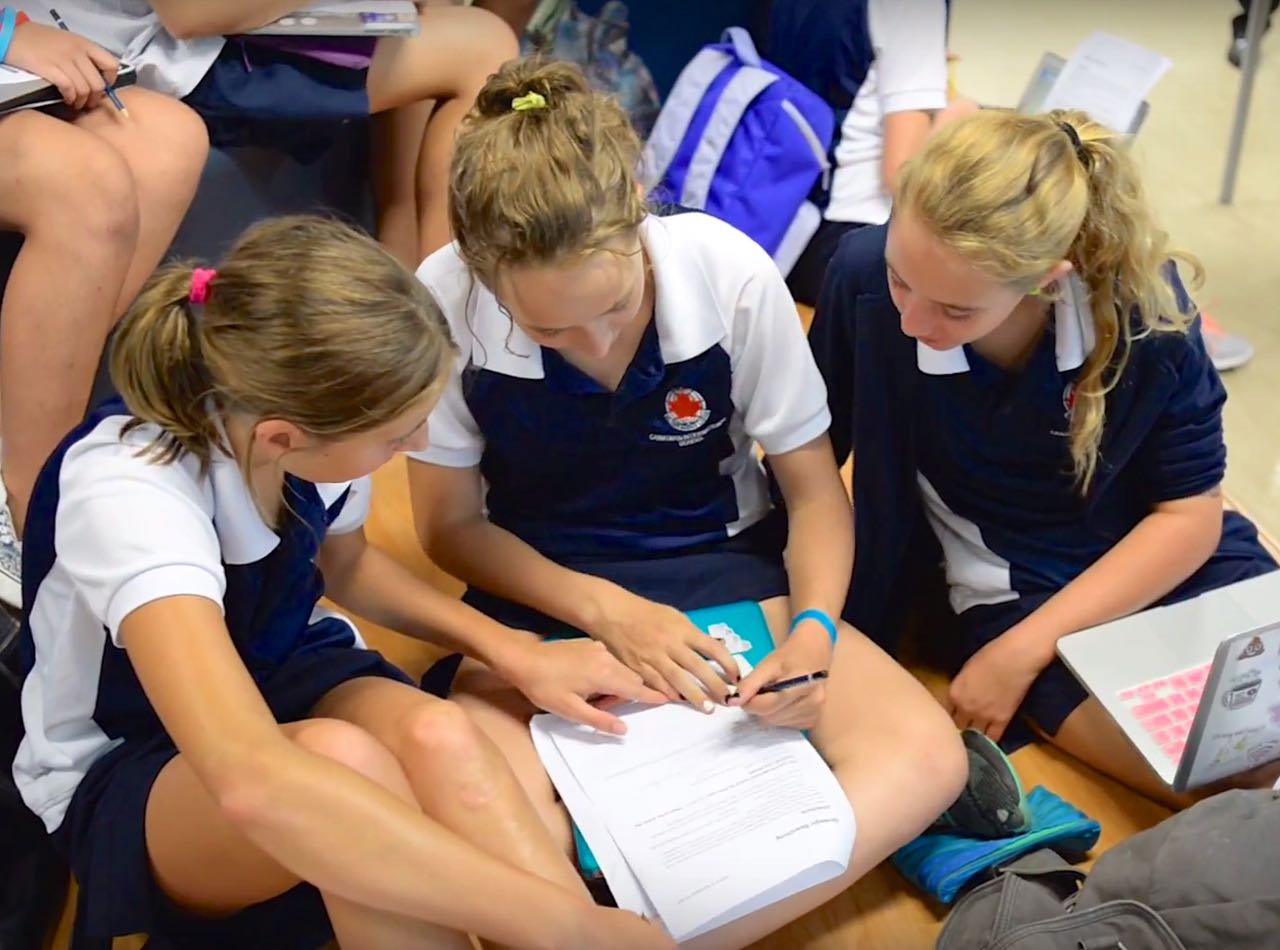Strategic searching a common sense approach
In today's digital age, information is at our fingertips, but the ability to navigate and discern the vast sea of online content is more important than ever. Canadian International School (CIS) students are not only embracing this challenge but excelling at it through strategic searching – a common-sense approach that emphasizes critical thinking, evaluation, and digital literacy. In this article, we explore how CIS students are mastering the art of strategic searching and using it to become discerning consumers and creators of online content.

The Importance of Strategic Searching:
In an era of information overload and digital misinformation, strategic searching has become a vital skill for students navigating the online landscape. Rather than simply typing a query into a search engine and accepting the first result, strategic searching involves a deliberate and thoughtful approach to finding and evaluating information. By honing their search skills, CIS students are able to sift through the noise, discern credible sources from unreliable ones, and find accurate, relevant information to support their learning and inquiry.
Critical Thinking and Evaluation:
At CIS, critical thinking is at the core of strategic searching, as students learn to question, analyze, and evaluate the information they encounter online. Rather than accepting information at face value, students are taught to consider the source, examine the evidence, and assess the credibility and reliability of the information presented. By applying critical thinking skills, CIS students are able to identify bias, detect misinformation, and make informed decisions about the information they consume and share.

Digital Literacy and Responsible Citizenship:
Strategic searching goes beyond simply finding information; it also encompasses digital literacy – the ability to navigate, evaluate, and create digital content responsibly and ethically. At CIS, students are taught to be responsible digital citizens, mindful of their online footprint and the impact of their digital actions. Through lessons on copyright, plagiarism, and digital etiquette, students learn to respect intellectual property rights, cite sources properly, and engage in online discourse with civility and respect.
Empowering Student Inquiry and Exploration:
Strategic searching empowers CIS students to take ownership of their learning, enabling them to explore topics of interest, conduct research, and pursue independent inquiry. Whether it's investigating a scientific phenomenon, exploring a historical event, or delving into a literary masterpiece, students have the tools and skills they need to navigate the digital landscape with confidence and competence. By encouraging curiosity, exploration, and discovery, CIS fosters a culture of lifelong learning and inquiry that extends beyond the classroom walls.
Collaboration and Knowledge Sharing:
In addition to honing their own search skills, CIS students are also adept at collaborating and sharing knowledge with their peers. Through group projects, peer review, and online discussions, students leverage the collective wisdom and expertise of their classmates to deepen their understanding and broaden their perspectives. By working together to find and evaluate information, CIS students learn from one another, challenge assumptions, and engage in meaningful dialogue that enriches their learning experience.